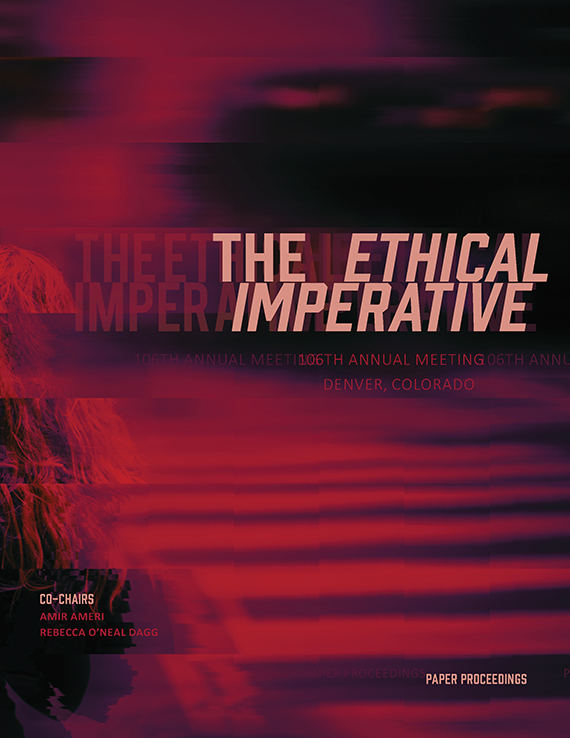Author(s): Keith Diaz Moore
This manuscript provides a case study of how Tronto’s Ethic of Care and the particularity of place for a College of Architecture and Planning has informed the thought process of curricular transformation discussions. Tronto’s ethic of care expresses four ethical elements: attentiveness, responsibility, competence and responsiveness. These four have been negotiated with place-based considerations capture in the phrase “the idea of mountain.” This negotiation results in four commitments and the recognition of mindsets and attitudes faculty seek to develop through pedagogical transformation. The four commitments are: resilience, responsibility, respect and response which capture interdependencies between mindsets (systemic, empathetic) and attitudes (humility, urgency) asserted to be essential to 21st century environmental design. Such massive change suggests a thorough reconsideration of the “hidden curriculum” found in the design disciplines, particularly of early design education. Rather than beginning with skills and knowledge as is typically found in architecture curricula, this College has launched a Design Foundations sequence of three courses that provides an initial interaction with the mindsets and attitudes expressed above. Focus becomes on preparing the mind and character necessary to become agents of transformational change regardless of students’ eventual disciplinary choice.
https://doi.org/10.35483/ACSA.AM.106.39
Volume Editors
Amir Ameri & Rebecca O'Neal Dagg
ISBN
978-1-944214-15-9

 Study Architecture
Study Architecture  ProPEL
ProPEL 
